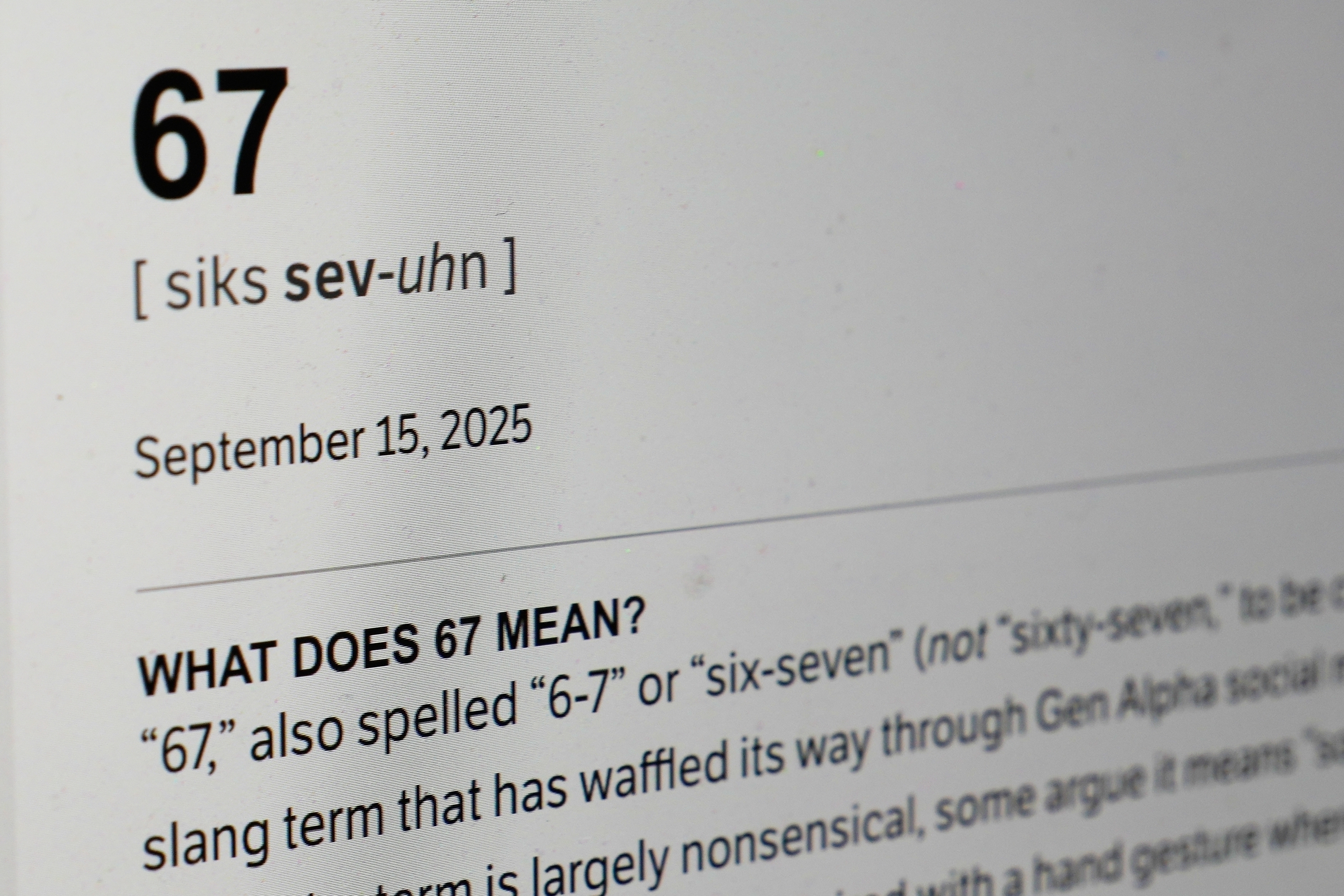A judge put South Carolina’s new law banning most abortions around six weeks of pregnancy on hold Friday until the state Supreme Court can review the measure, giving providers a temporary reprieve in a region that has enacted strict limits on the procedure.
The ruling by Judge Clifton Newman came just about 24 hours after Gov. Henry McMaster signed the bill. The decision means South Carolina reverts back to a ban at about 20 weeks after fertilization.
The law passed Tuesday by the General Assembly is similar to a ban on abortion once cardiac activity can be detected that lawmakers passed in 2021.
The state Supreme Court decided in a 3-2 ruling that the 2021 law violated the state constitution's right to privacy. Legislative leaders said the new law makes technical tweaks that should sway at least one justice to change his mind, and the author of the January ruling has since retired.
But Newman said it wasn't his role to figure out if that would be successful.
"The status quo should be maintained until the Supreme Court reviews its decision," Newman said. "It's going to end up there."

Some red state residents moving due to new abortion laws
Supporters of choice in red states all over the country are weighing leaving their homes for states where their views are shared.
The law took effect as soon as it was signed and Planned Parenthood immediately sued, saying it put South Carolina's abortion clinics in limbo with canceled appointments from patients further along in their pregnancies and doctors having to carefully review the new regulations.
The abortion rights group said the new law was so similar to the old one that clinics and women seeking treatment would be harmed if it were allowed to stay in effect until a full court review.
Nearly all of the 75 women with appointments for abortions over the next several days appeared to be past six weeks, Planned Parenthood attorney Kathleen McDaniel said.
McDaniel said there is no doubt the law is already causing harm. "It is happening. It has already happened," McDaniel said.
Most states in the U.S. South have enacted stricter abortion laws in the past year and abortion opponents said that is why South Carolina has seen a sharp increase in the number of abortions and out-of-state patients.
The South Carolina measure joins stiff limitations pending in North Carolina and Florida, states that had been holdouts providing wider access to the procedure, threatening to further delay abortions as appointments pile up in the region.
The majority opinion in the South Carolina Supreme Court ruling striking down the 2021 law said that although lawmakers have the authority to protect life, the privacy clause in the state constitution ultimately gives women time to determine whether they want to get an abortion and most women don’t know they are pregnant six weeks after conception.

Trust in Supreme Court hit 50-year low after abortion decision
In 2022, fewer Americans had a "great deal" of confidence in the court than in 2021, and more Americans said they had hardly any.
Justice Kaye Hearn wrote the opinion. She has since had to retire because she turned 72, and was replaced by a man, making the South Carolina's the only high court in the country without a woman on the bench.
The changes in the new law are directed at another justice in the majority, John Few, who wrote his own opinion saying the 2021 law was poorly written because legislators didn't show it did any work to determine if six weeks was enough time for a woman to know she was pregnant.
Few suggested he would have found an even stricter full ban on abortion constitutional, saying that if a fetus had all the rights of a person, then a ban would be like child abuse or rape laws that don't violate privacy rights.
Lawyers for the state leaned on the hope Few will change his vote.
"We would strongly encourage the court to review that decision very carefully, to understand it focuses on one law, the 2021 act," state assistant attorney general Thomas Hydrick said. But, he said, the new law is a good faith attempt to correct flaws lawmakers saw in how the justices interpreted the 2021 law.
Newman said that's outside his role as a lower court judge. "Am I being asked to overrule the Supreme Court?" he asked.
The new law includes exceptions for fatal fetal anomalies, the patient's life and health, and rape or incest up to 12 weeks. Doctors who violate the law could face felony charges carrying up to two years in prison and a $10,000 fine.









